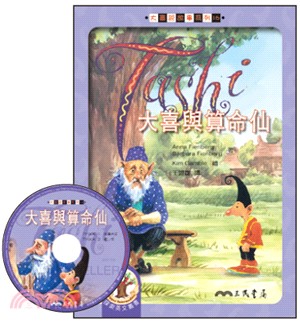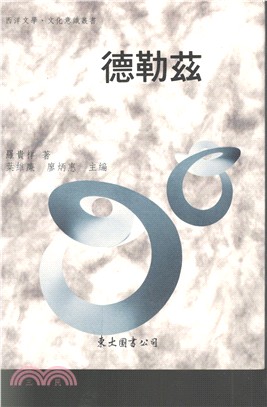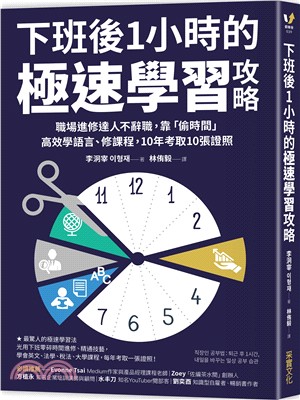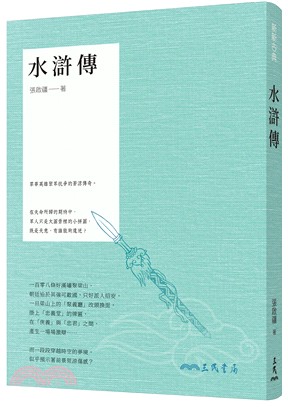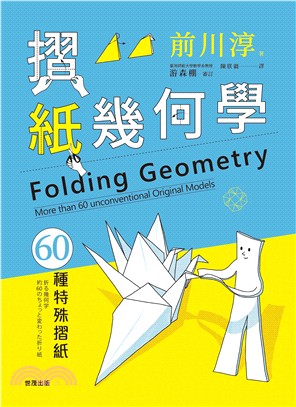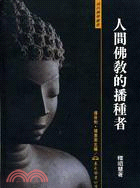Indigenous Agency in the Amazon ─ The Mojos in Liberal and Rubber-Boom Bolivia, 1842-1932
- ISBN13:9780816521180
- 出版社:Univ of Arizona Pr
- 作者:Gary Van Valen
- 裝訂/頁數:精裝/264頁
- 規格:23.5cm*15.9cm*2.5cm (高/寬/厚)
- 出版日:2013/02/21
商品簡介
Gary Van Valen postulates that as ex-mission Indians who lived on a frontier, the Mojos had an expanded capacity to adapt that helped them meet these challenges. Their frontier life provided them with the space and mind-set to move their agricultural plots and cattle herds, join independent indigenous groups, or move to Brazil. Their mission history gave them the experience they needed to participate in the rubber export economy and the politics of white society. Van Valen argues that the indigenous Mojos also learned how to manipulate liberal discourse to their advantage. He demonstrates that the Mojos were able to survive the rubber boom, claim the right of equality promised by the liberal state, and preserve important elements of the culture they inherited from the missions.
The largest group of indigenous people in the Bolivian Amazon, the Mojos, has coexisted with non-Natives since the late 1600s, when they accepted Jesuit missionaries into their homeland, converted to Catholicism, and adapted their traditional lifestyle to the conventions of mission life. Nearly two hundred years later they faced two new challenges: liberalism and the rubber boom. White authorities promoted liberalism as a way of modernizing the region and ordered the dismantling of much of the social structure of the missions. The rubber boom created a demand for labor, which took the Mojos away from their savanna towns and into the northern rain forests.
Gary Van Valen postulates that as ex-mission Indians who lived on a frontier, the Mojos had an expanded capacity to adapt that helped them meet these challenges. Their frontier life provided them with the space and mind-set to move their agricultural plots and cattle herds, join independent indigenous groups, or move to Brazil. Their mission history gave them the experience they needed to participate in the rubber export economy and the politics of white society. Van Valen argues that the indigenous Mojos also learned how to manipulate liberal discourse to their advantage. He demonstrates that the Mojos were able to survive the rubber boom, claim the right of equality promised by the liberal state, and preserve important elements of the culture they inherited from the missions.
作者簡介
主題書展
更多主題書展
更多書展本週66折
您曾經瀏覽過的商品
購物須知
外文書商品之書封,為出版社提供之樣本。實際出貨商品,以出版社所提供之現有版本為主。部份書籍,因出版社供應狀況特殊,匯率將依實際狀況做調整。
無庫存之商品,在您完成訂單程序之後,將以空運的方式為你下單調貨。為了縮短等待的時間,建議您將外文書與其他商品分開下單,以獲得最快的取貨速度,平均調貨時間為1~2個月。
為了保護您的權益,「三民網路書店」提供會員七日商品鑑賞期(收到商品為起始日)。
若要辦理退貨,請在商品鑑賞期內寄回,且商品必須是全新狀態與完整包裝(商品、附件、發票、隨貨贈品等)否則恕不接受退貨。














